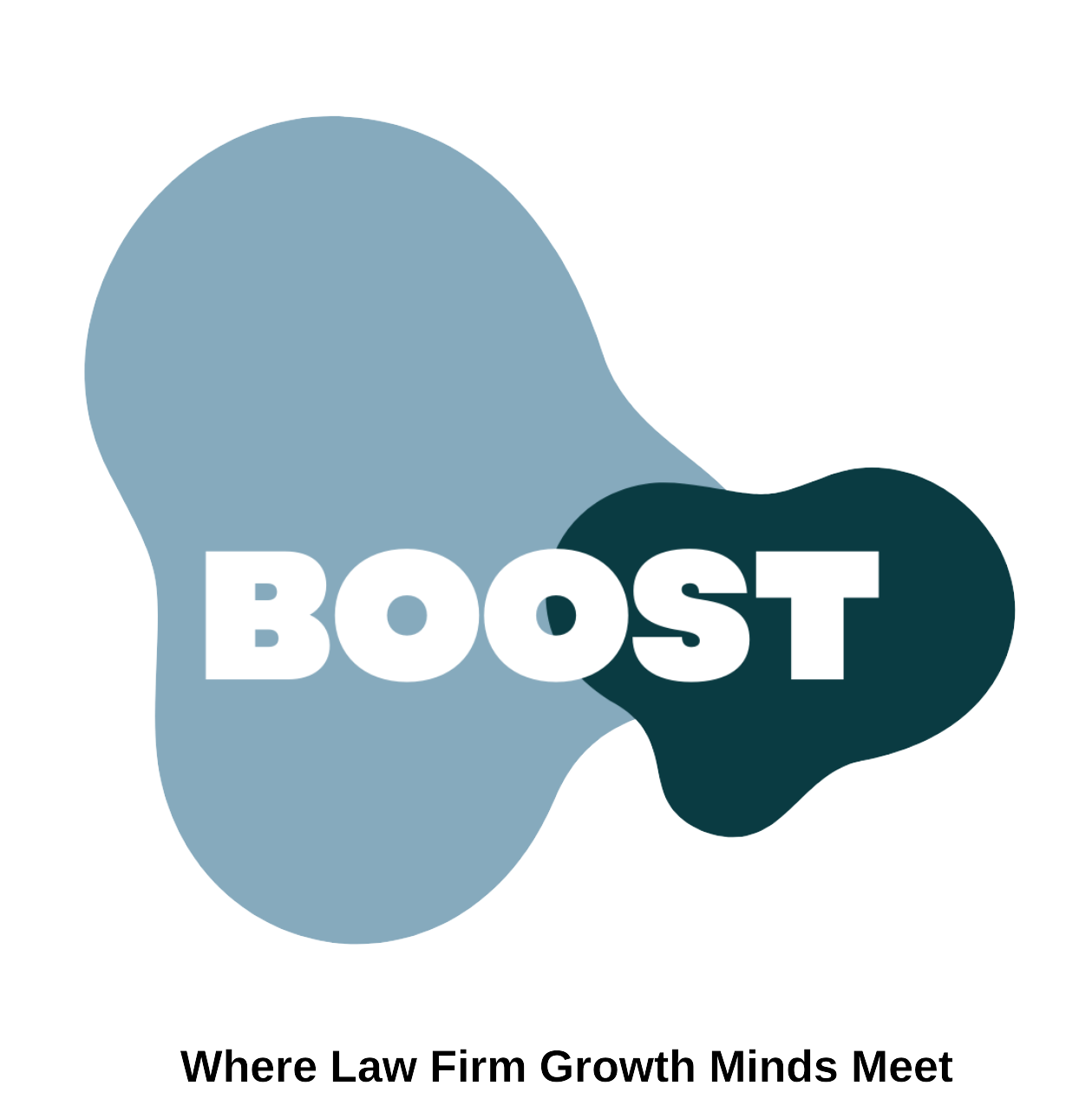This series explores the key mindsets, skills, and approaches necessary for BDM professionals to succeed and make an impact in law firms.
One of the key aspects of growing our careers as Business Development and Marketing (BDM) professionals in law firms is our ability to build strong internal networks and genuine collaborative relationships. Bridging the gap between our creative, relationship-driven roles and the analytical mindset of lawyers requires mutual understanding and respect. Recognising the strengths both sides bring to the table is crucial for effectively influencing decisions and driving the firm’s strategy forward. Without genuine collaboration and mutual buy-in, lawyers might be reluctant to invest their valuable time in our projects, significantly limiting our impact.
Lawyers are trained to think critically, identify risks, and rely heavily on evidence and past experience. They value logic, accuracy, and clear justification (at least most of them do!). Meanwhile, as BDM professionals, our roles thrive on creativity, proactive approaches, and intuition. Given that our work frequently involves direct interaction with clients, whether through communication campaign or direct interactions, such as client listening programmes, lawyers naturally prefer careful consideration to protect their valued client relationships.
Building common ground through communication and emotional intelligence
Effective collaboration in law firms involves mutual adaptation rather than one-sided adjustments. While we benefit from clearly explaining our ideas using data, examples, and openly discussing risks and rewards, lawyers equally benefit from being receptive to new perspectives and approaches. A collaborative mindset means presenting and exploring multiple well-considered options together, leveraging each other’s strengths and experiences to determine the most effective strategies.
Despite lawyers’ logical and detail-oriented approach, emotional intelligence (EQ) remains essential for everyone involved. Lawyers often have underlying concerns related to reputation, competition, or credibility. By being perceptive and empathetic to these subtleties, we can better facilitate open dialogue and encourage trust-based relationships. As Dale Carnegie famously said, “When dealing with people, remember you are not dealing with creatures of logic, but with creatures of emotion.” Emotional intelligence helps us build credibility, earn trust, and positively influence others. A recent Forbes article highlights the importance of EQ in professional settings, noting its power in navigating interpersonal relationships and cultivating collaborative workplaces (Forbes, 2023).
Success as a common objective
Preparation remains essential for collaborative success. Engaging with clear data and anticipating detailed questions leads to productive dialogue. Maintaining straightforward and visual explanations makes complex ideas more accessible to all parties. Above all, actively listening, acknowledging different perspectives, and addressing underlying concerns openly promotes the trust and credibility essential for long-term collaborative success.


